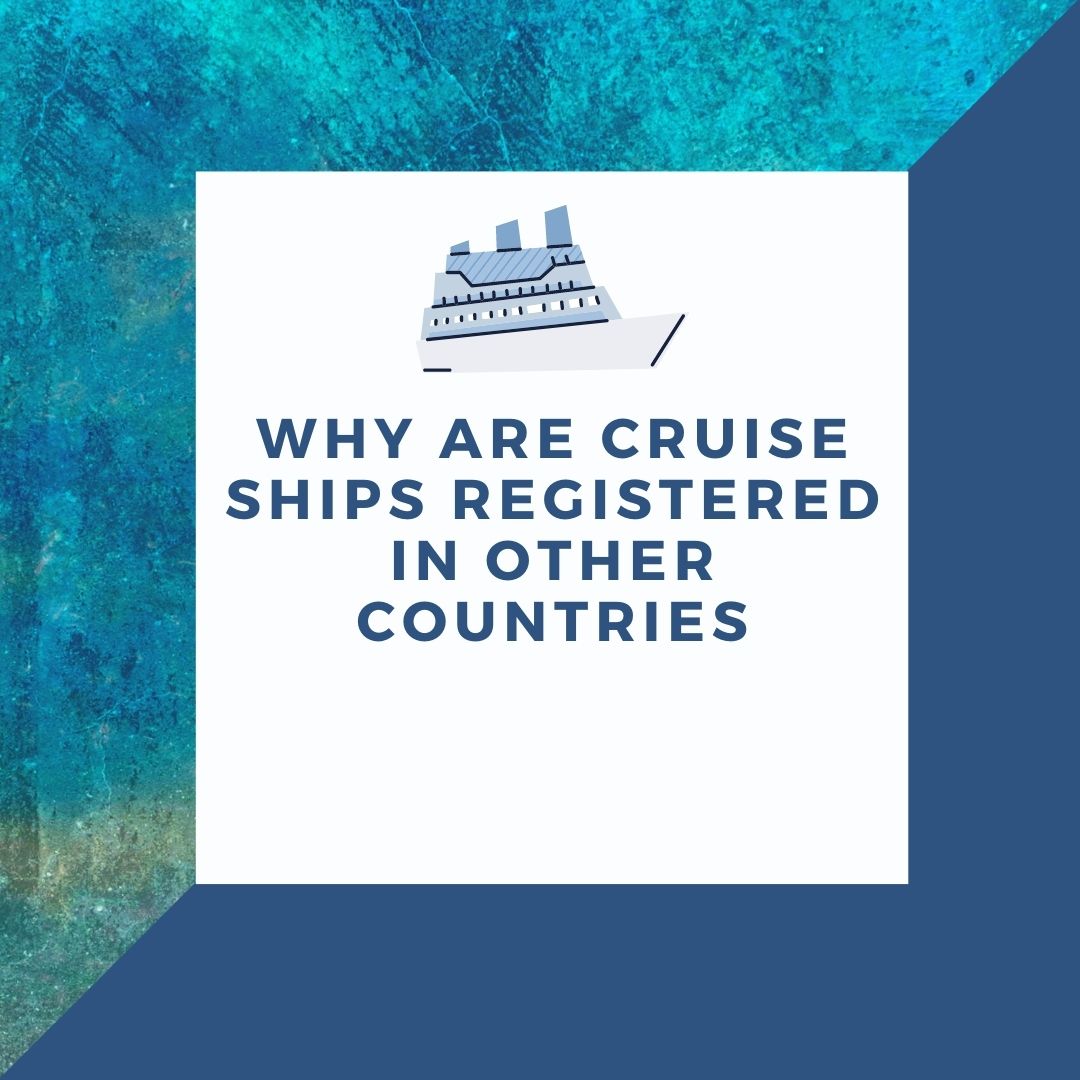Just about every cruise ship is registered in countries other than the U.S. Most guests were never aware of it and it never really affected the cruise lines until COVID. Now with the cruise industry being shut down for over 6 months, debates have sparked whether or not cruise lines should receive bailouts or loans.
For example, NCL Cruises’ Encore cruise ship is owned by a company based in the United States but registered in the Bahamas. Understanding history and policies can help clarify why cruise ships are registered in other countries.
Nearly all cruise ships are incorporated (flagged) outside of the U.S. because U.S. law requires that ships registered domestically must have been built in this country. Local shipyards are not equipped with the expertise, capacity, and supply chain to assemble the bigger contemporary cruise ships. In the modern era, European nations and shipyards have largely led this charge.
Norwegian Cruise Lines operates the only notable exception. Its Pride of America cruise ship is registered in the U.S., because the vessel began construction in Mississippi as the failed Project America 1, before being acquired by Norwegian and completed in Germany. A U.S. government exemption permitted the multi-national ship to sail under the U.S. flag which now allows it to sail the Hawaiian Islands.
Other than that exception, the Passenger Vessel Services Act of 1886 dictates that foreign-flagged passenger ships carrying guests between U.S. destinations must first stop at a foreign port. But that is not to say cruise lines do not pay domestic taxes. The cruise industry pays billions of dollars in taxes, as well as fees in the United States annually.
Cruise line contribute greatly to American and international economies. Cruise ships are required to pay taxes and port fees wherever they sail.
Cruise ships will continue to look like out-of-town cars sporting license plates from everywhere unless laws change, but the more important question is will the cruise industry survive if the CDC does not allow them to start sailing soon.
Two United States senators (Rick Scott & Marco Rubio,) introduced a new act (the Set Sail Safely Act,) establishing a task force to address the changes needed to allow cruise lines to resume operations. The Maritime Task Force would include representatives from several federal agencies. The proposal wants to include the U.S. Department of Homeland Security, Customs and Border Protection, U.S. Coast Guard, Health and Human Services, the Department of Transportation, Department of State, and the Federal Maritime Commission. Let’s see how long it takes to put this task force together and get some results.








